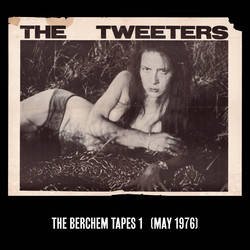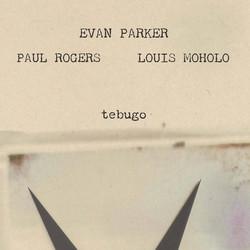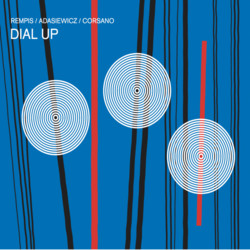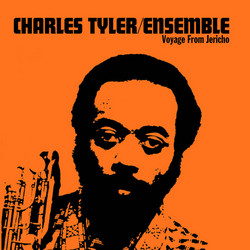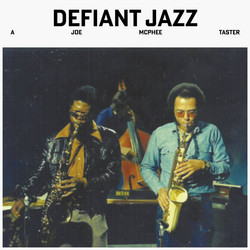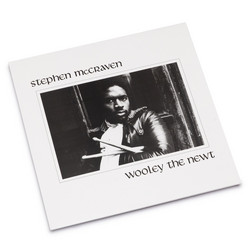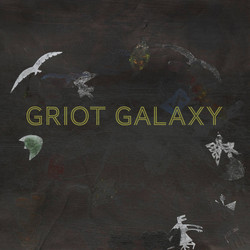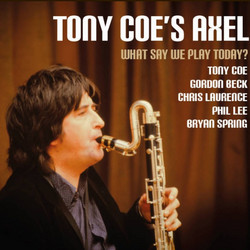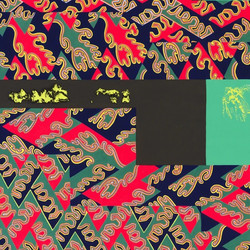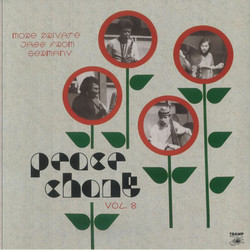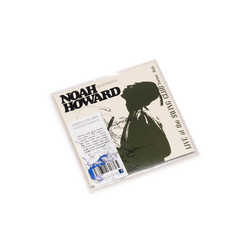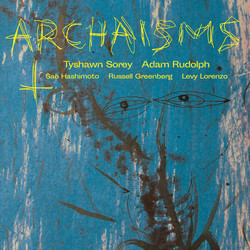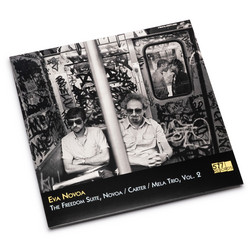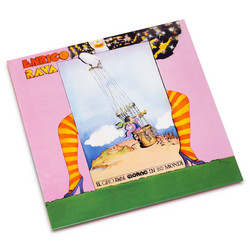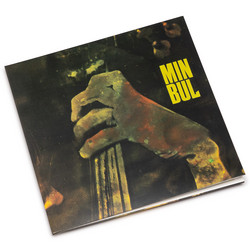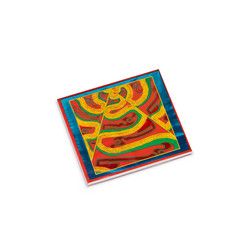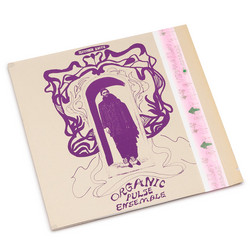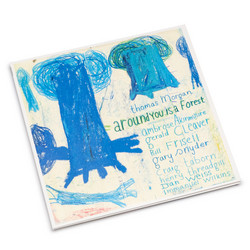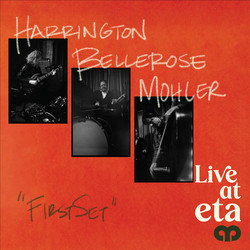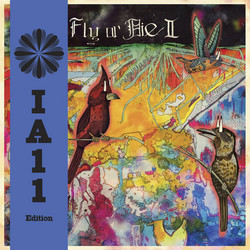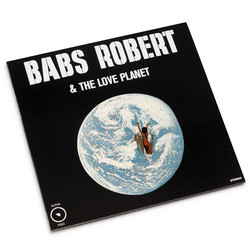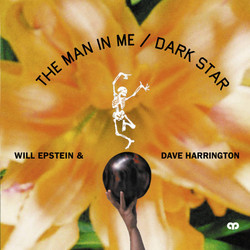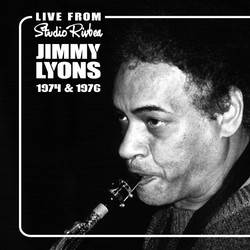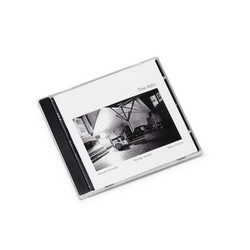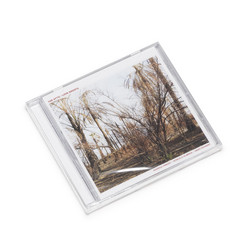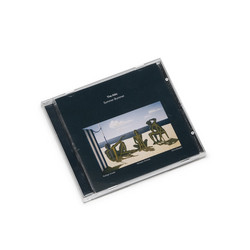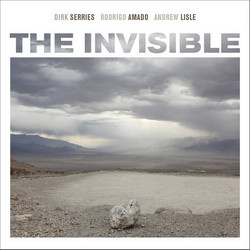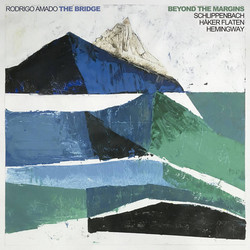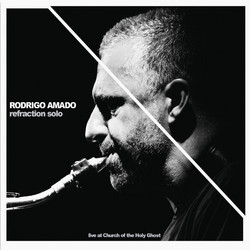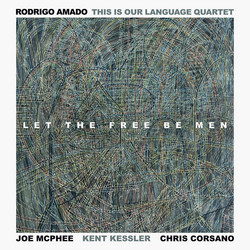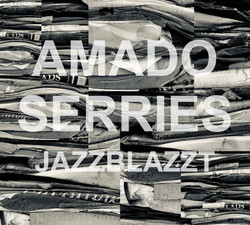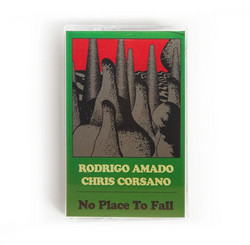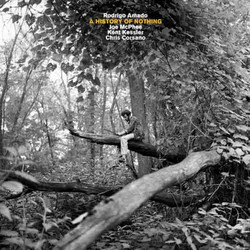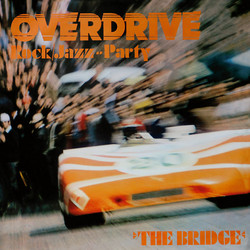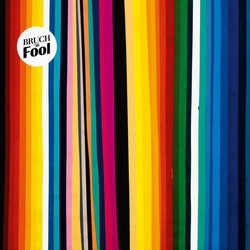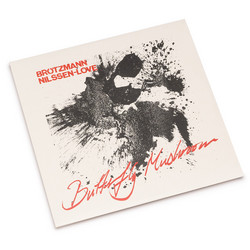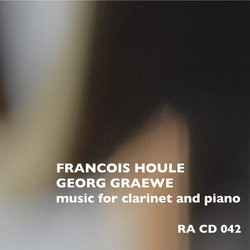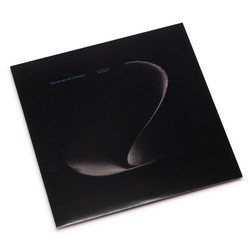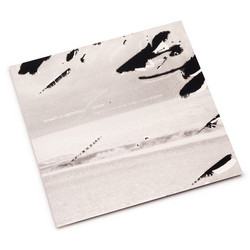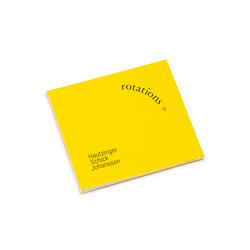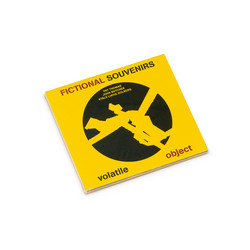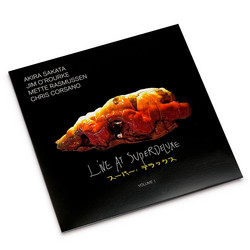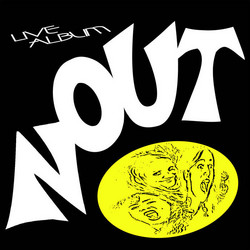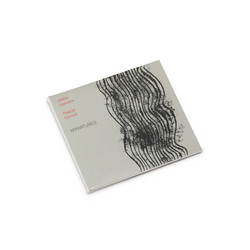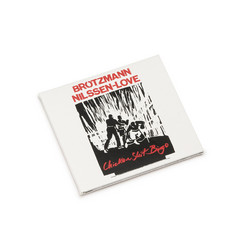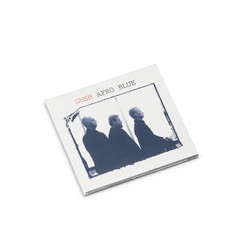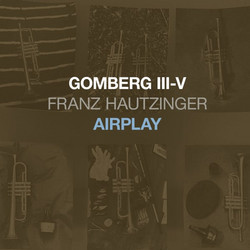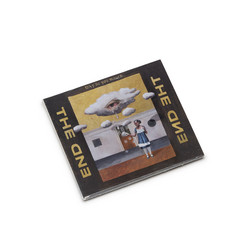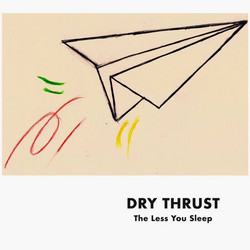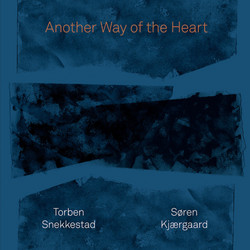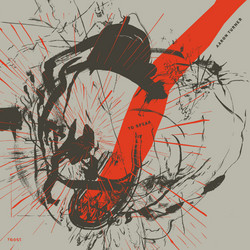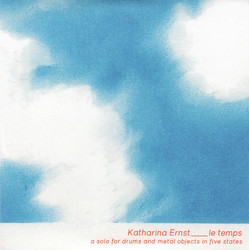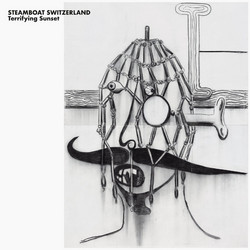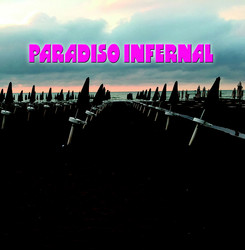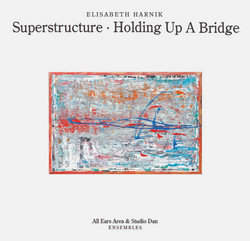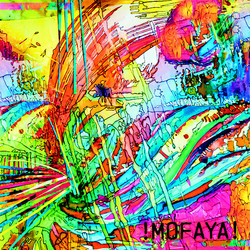Rodrigo Amado, The BridgeFeaturing: Alexander von Schlippenbach, Ingebrigt Haker Flaten
Thousand Leaves
"The history and culture of improvised music have been shaped by manifold concepts of freedom, but one in particular explains Amado’s aesthetic. It is his reference to Sam Rivers’ declaration: “Freedom does not mean unconditional renunciation of melody and rhythm, but the freedom to choose what I want to play.” It was this freedom to that led Rivers to punctuate his epic trio sets with grooves and essays on perennials like “Wheatleigh Hall.” Rivers also eschewed the labeling of his music as improvisation, which he said required existing material, instead favoring “spontaneous creation.”
Amado seeks such spontaneous creation with The Bridge. There are no prior discussions pertaining to any aspect of performance. Amado is secure in the knowledge that they will make a compelling collective statement. That security is culturally endowed. Consider the corporate team-building exercise of a person falling backwards to be caught by his coworkers: now consider any number of musicians doing so simultaneously, with each other for support. That has been a daily occurrence in improvised music for over a half-century.
Further Beyond confirms Amado’s security in the quartet to be well founded; after all, the members of The Bridge have, in the aggregate, nearly two hundred years of experience in spontaneous creation. Their mutuality was there from the outset (it should be noted that their previous CD, Beyond the Margins, documented their debut performance). It has grown since. Schlippenbach remarked years ago that it was the second-by-second interactions with Evan Parker and Paul Lovens that kept his trio vital for decades. Much the same can be said of The Bridge on Further Beyond. There is a constant unfolding of ideas, a pungent banter, and a push-pull between surprise and inevitability. It speaks to the history and culture of improvised music – and its commitment to freedoms of, to, and from – with an authority that, frankly, is found on too few recent recordings. " - Bill Shoemaker
